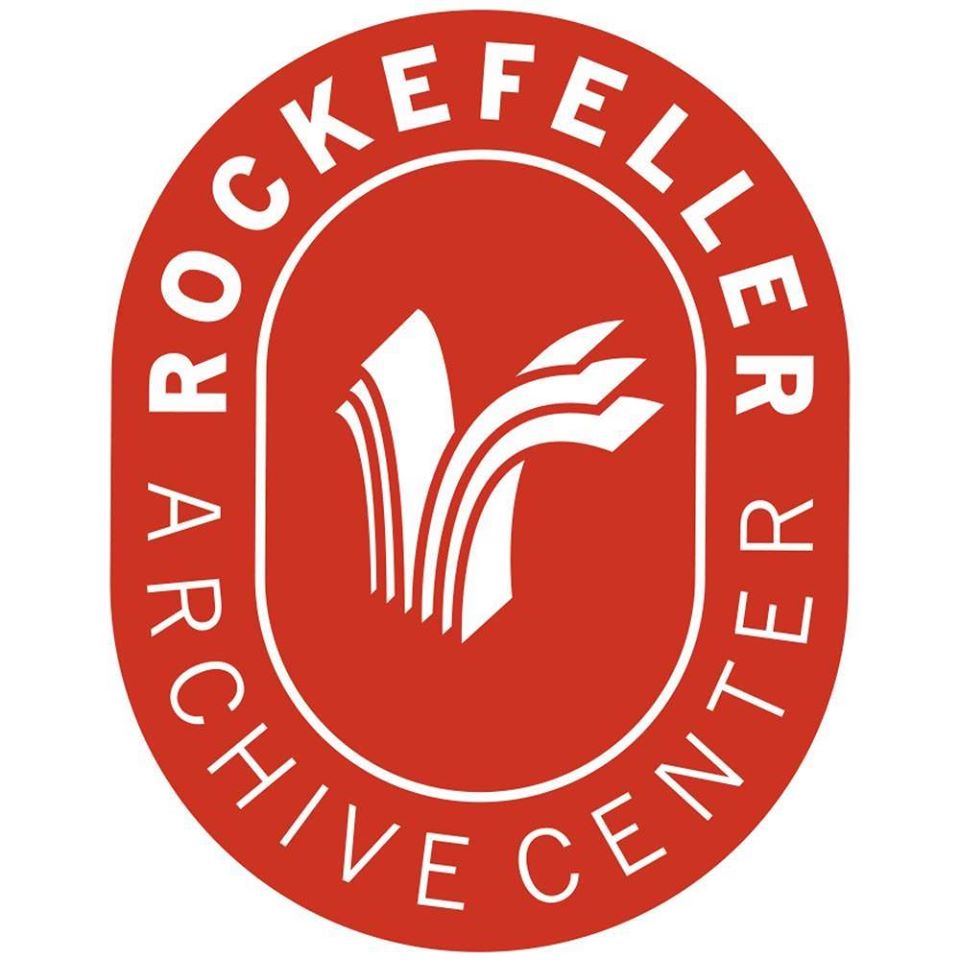Ford Foundation records, Behavioral Sciences Division, Office Files of Bernard Berelson, 1951-1966
Collection context
Summary
- Creator:
- Berelson, Bernard (1912-1979) and Ford Foundation
- Extent:
- 0.95 Cubic Feet 3 boxes (2 letter document containers and 1 half-letter document containers)
- Language:
- English .
Background
- Scope and content:
-
The collection contains the office files of Bernard Berelson who served as Director of the Behavioral Sciences Division at the Ford Foundation from 1951-1957 as well as materials related to programs that extended beyond Berelson's time at the Foundation. Materials within the collection include correspondence, reports, notes, and data tables that analyze the behavioral sciences as an academic discipline. There are also grant proposals, fellowship information, and notes and correspondence regarding the university presses program, a program that allocated $1,725,000 to 30 university presses over a period of five years to increase book publication in the humanities and social sciences.
- Biographical / historical:
-
Bernard Berelson (1912-1979) was a social scientist and foundation executive who specialized in many fields, including library science, population studies, mass communication, and education. Berelson earned a bachelor's degree from Whitman College in 1934, and he went on to study library science at the University of Washington. In 1941, Berelson earned his doctorate at the University of Chicago. During World War II, he worked in Washington as an analyst of German opinion at the Office of War Information (OWI). After the War, Berelson was the research director of the Bureau of Applied Social Research at Columbia University from 1944 to 1946. He left this position for the University of Chicago, where he was a professor of library science and social sciences, and later, dean of the Graduate Library School and chairman of the Committee on Communication.
In 1951, Berelson joined the staff of the Ford Foundation in Pasadena, California, to lead what would become the Behavioral Sciences Division. Two overarching goals of the program were "to increase scientific knowledge of human behavior, and to facilitate the application of such knowledge to human affairs." Berelson was involved in projects that analyzed the study and scholarship of behavioral science, a term he is credited with popularizing. He studied the number of graduate degrees awarded to students in anthropology, sociology, psychology, and political science. He also analyzed recent publications in these fields. The Behavioral Sciences Division allocated fellowship funding for behavioral scientists, established the Center for Advanced Study in the Behavioral Sciences at Stanford University, surveyed graduate programs in behavioral science, and granted $1,725,000 to 30 university presses over a period of five years to increase book publication in the humanities and social sciences. In 1957, Berelson left the Foundation to return to the University of Chicago to become a professor of behavioral sciences and director of the Study of Graduate Education. The Behavioral Sciences Division terminated in 1957. During its six-year existence, the Division distributed 218 grants totaling nearly $24 million to eighty-five institutions in the United States and abroad.
In 1962, Berelson joined the Population Council and served as its president from 1968-1974. Upon his retirement, he remained an active senior fellow with the Council until his death in 1979.
- Acquisition information:
- Ford Foundation records, correspondence, reports, program files and officers papers were transferred to, and accessioned by the RAC beginning in 2011. Accessions continue as necessary. This material was transferred to the RAC in 2019 by the Ford Foundation and was ingested by the RAC as Accession 2019:014.
- Arrangement:
-
The collection is arranged into one series: Behavioral Sciences Office Files.
The material is arranged as it was received from the Ford Foundation.
- Rules or conventions:
- Describing Archives: A Content Standard
Access and use
- Restrictions:
-
Open for research.
- Terms of access:
-
Ford Foundation has title, copyright and literary rights in the collection, in so far as it holds them.
The Rockefeller Archive Center has authority to grant permission to cite and publish material from the collection. Permission to publish extensive excerpts, or material in its entirety, will be referred to the Ford Foundation.ty to contact the copyright holder, or make a fair effort to do so, prior to publication.
- Location of this collection:
- Contact:

